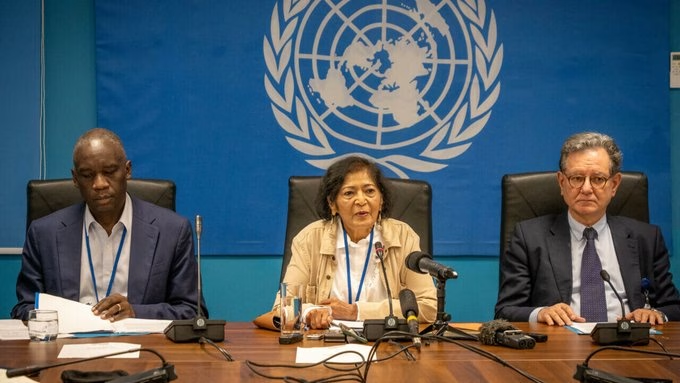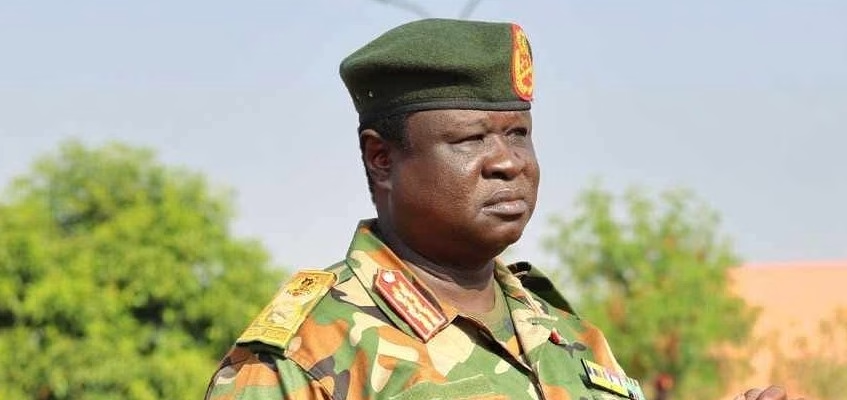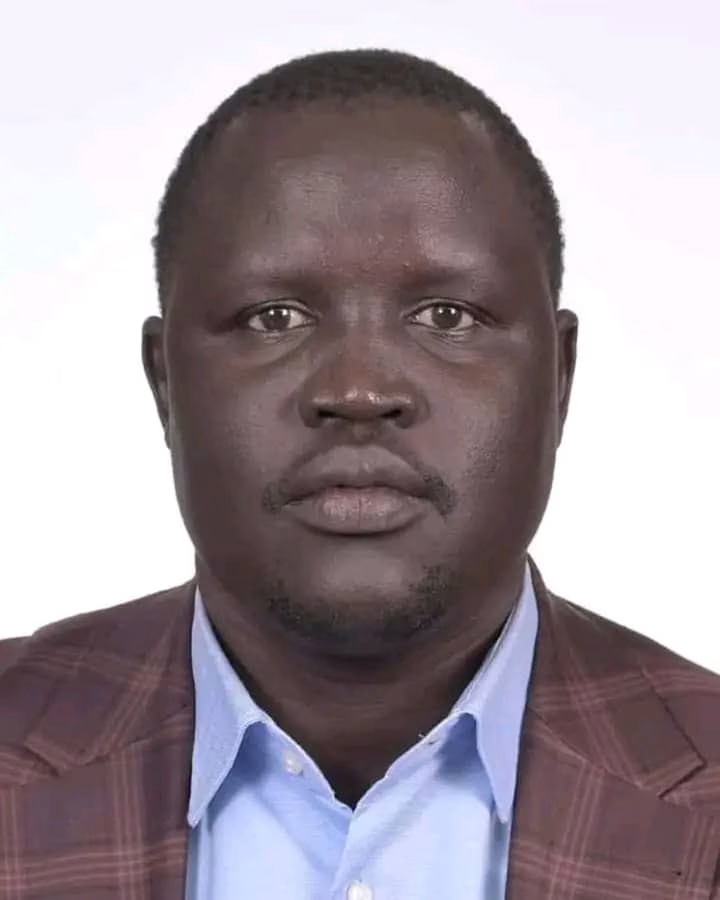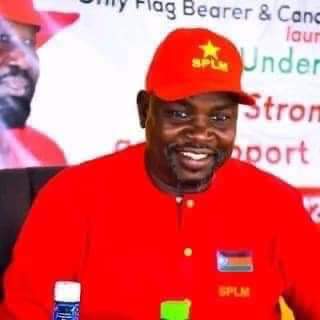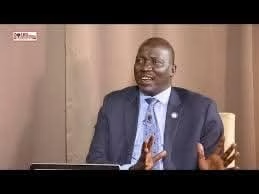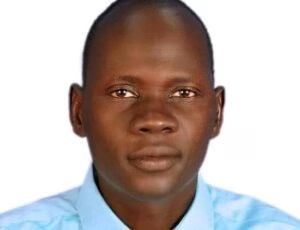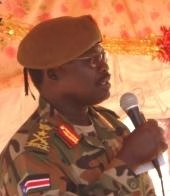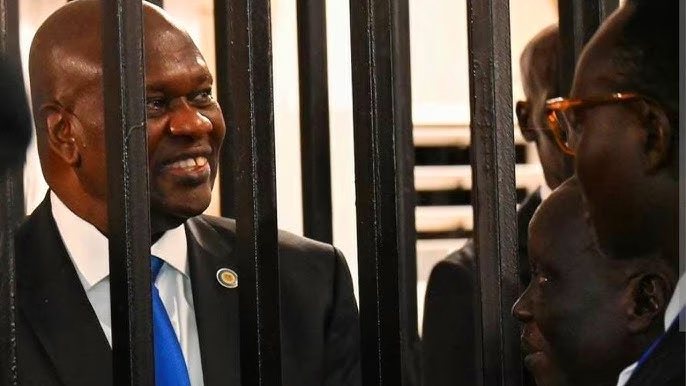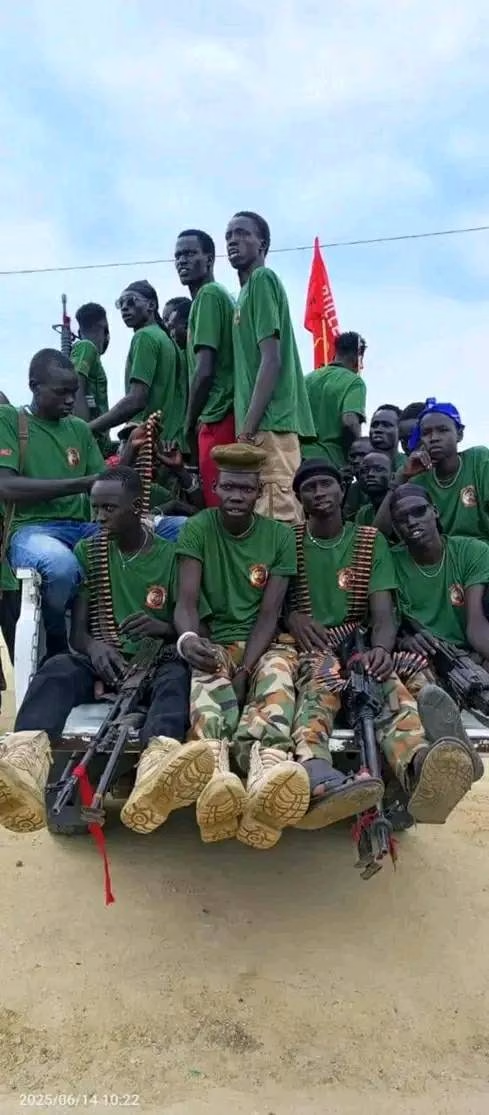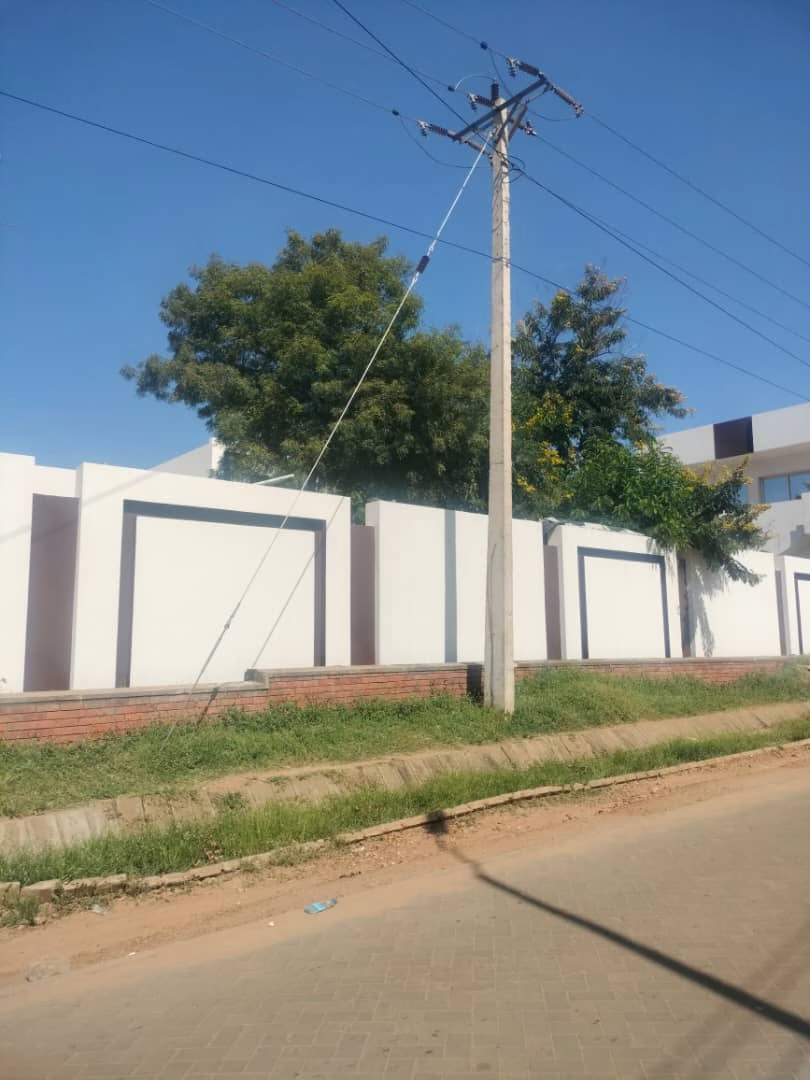The leadership of the South Sudan People’s Movement/Army (SSPM/A) has expressed grave concern over what it calls a politically and tribally motivated trial of First Vice President Dr. Riek Machar and seven senior SPLM/A-IO members, saying the proceedings are unlikely to result in a fair judgment,
In a statement seen by The Juba Mirror News, the group said the Nasir incident the basis of the charges stemmed from failures by peace monitors under the Ceasefire and Transitional Security Arrangements Monitoring Mechanism (CTSAMM). The monitors, backed by the Intergovernmental Authority on Development (IGAD), should have investigated and reported the matter through the hybrid court established under the peace agreement, the SSPM/A argued.
Instead, the group accused Uganda of siding with President Salva Kiir’s government and using the conflict in Sudan as cover to back the regime militarily, undermining the neutrality expected of peace guarantors.
The SSPM/A further noted that numerous ceasefire violations have been documented across the country since the peace deal was signed, yet no perpetrators were prosecuted. It said the government is using the Nasir incident as a pretext to “arrest and humiliate” Machar, pointing to longstanding political rivalry dating back to 1991.
The statement stressed that as First Vice President, Machar cannot legally be tried while in office under the current peace agreement, which serves as the basis for South Sudan’s transitional constitution. By moving forward with the trial, the SSPM/A warned, the government risks invalidating both the agreement and the constitution itself.
The group also rejected attempts to link Machar to the so-called White Army, describing it as a loose formation of armed Nuer civilians distinct from SPLM/A-IO forces. It said the White Army became active only after Nuer civilians were targeted in the 2013 conflict and later stood down following the 2018 peace deal.
According to the SSPM/A, frustration in Nasir escalated after repeated civilian complaints against South Sudan People’s Defense Forces (SSPDF) went unaddressed. The government’s deployment of allied militias to the area triggered clashes with the White Army, leading to casualties on both sides.
The group accused the government of hiring Ugandan troops, backed by tanks, artillery and air power, to target Nuer communities beyond those involved in the Nasir fighting, framing the campaign as a systematic effort to marginalize the Nuer people and their leaders.
Concluding its statement, the SSPM/A called on the international and regional community to support the creation of a technocratic government to guide South Sudan toward credible elections. It urged both Kiir and Machar to step aside, warning that failure to reform could drive the nation into irreversible tribal fragmentation.


